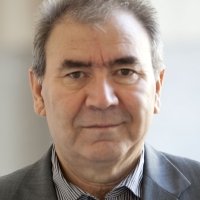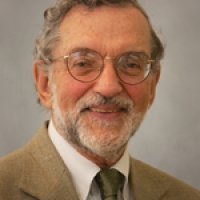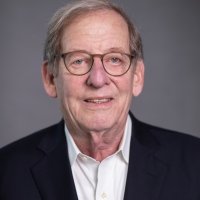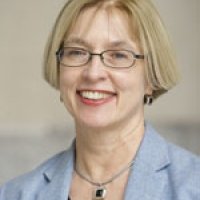Political Challenges of Contemporary Azerbaijan
The Global Europe Program is pleased to host the 11th Annual Ion Ratiu Democracy Award Workshop on Political Challenges of Contemporary Azerbaijan featuring keynote remarks the 2015 recipient of the Ion Ratiu Democracy Award, Dr. Jamil Hasanli, an historian and democracy activist in Azerbaijan.
Established in 2005, the Ion Ratiu Democracy Award (IRDA) aims to bring visibility and international recognition to the ideas, ideals and accomplishments of individuals around the world who are working on behalf of democracy. It brings recognition to the importance of the work carried out by democracy activists around the world. The event expresses the deep commitment to democracy of the late Ion Ratiu through his contributions as a Romanian politician as well as his interest in democratic change worldwide.
Previous awardees include Mustafa Nayyem (Ukraine, 2014), Angela Kocze (Hungary, 2013), Aung San Suu Kyi (Myanmar, 2012), Nabeel Rajab (Bahrain, 2011), Oleg Kozlovsky (Russia, 2010), Adam Michnik (Poland, 2009), Eleonora Cercavschi (Moldova, 2008), Anatoli Mikhailov (Belarus, 2007), Saad Ibrahim (Egypt, 2006), and Sergio Aguayo (Mexico, 2005).
This event is co-sponsored by the Ratiu Family Charitable Foundation and the Ratiu Center for Democracy.
Speakers

Former Member of the Parliament, Republic of Azerbaijan

Woodrow Wilson Center

Former U.S. Ambassador to the Republic of Belarus from 1994-1997 and to Georgia from 1998-2001; former Career Diplomat and Member of the Senior Foreign Service, U.S. Department of State; former Director of the Dickey Center for International Understanding, Dartmouth College


Professor of History, University of Massachusetts, Amherst
Hosted By

Global Europe Program
The Global Europe Program is focused on Europe’s capabilities, and how it engages on critical global issues. We investigate European approaches to critical global issues. We examine Europe’s relations with Russia and Eurasia, China and the Indo-Pacific, the Middle East and Africa. Our initiatives include “Ukraine in Europe”—an examination of what it will take to make Ukraine’s European future a reality. But we also examine the role of NATO, the European Union and the OSCE, Europe’s energy security, transatlantic trade disputes, and challenges to democracy. The Global Europe Program’s staff, scholars-in-residence, and Global Fellows participate in seminars, policy study groups, and international conferences to provide analytical recommendations to policy makers and the media. Read more
